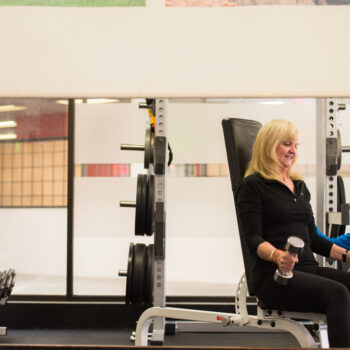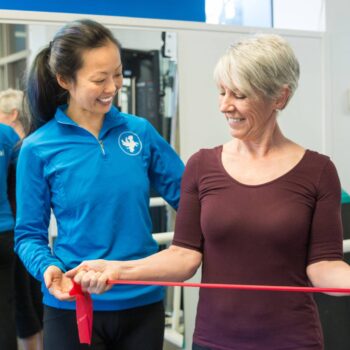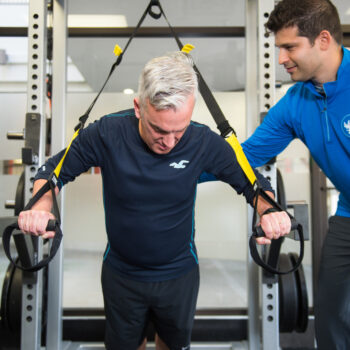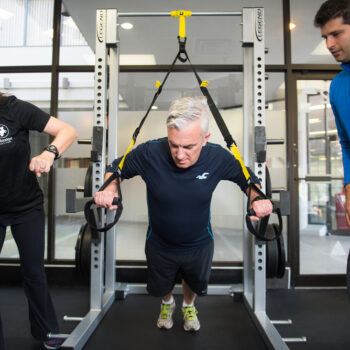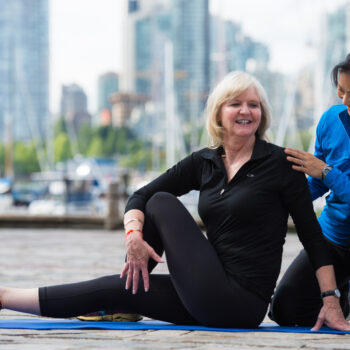Now that you’ve read my previous blogs on what to prepare before training and the factors to consider during training, you are almost ready to run your half-marathon! The last part of my half-marathon blog series will go over how to prepare for your race as you near the date of your half-marathon, including the tapering period, event logistics, what to do on the day of the race, as well as post-race recovery.
Successful tapering
For distance running, tapering involves reducing the volume of training in the weeks leading up to a race. This can involve the distance you run and even the weights you use during strength training. While reducing your mileage, emphasizing cool-down and stretching after your workout is also important. Tapering is crucial to ensure that you are fully recovered from previous workouts and well-rested for your race – it impacts your performance!
Typically, the taper period for a half-marathon is around two weeks, and should begin after your longest training run. Here is more information on the mileage that you should run during your taper period. Remember to use your own average mileage when calculating your taper mileage as everyone trains differently.
In addition to tapering, another important aspect to increase your success during race day is to ensure that you get enough sleep. On average, individuals should aim to get at least 8 hours of sleep per day. Adequate sleep is important for recovery, especially since your body has been working hard to follow your training plan. Here are some tips that can help you sleep better.

Before your race
Some important reminders the day before / of the race include:
- Getting a good night’s rest
- Preparing what you need to bring to the race beforehand: race bib / timing chip, wallet, phone, keys, earphones, watch, hat, etc.
- Staying hydrated with water
- Eating foods before the race that will keep you fueled throughout your race
- Wearing thin layers that are breathable and easy to remove if necessary
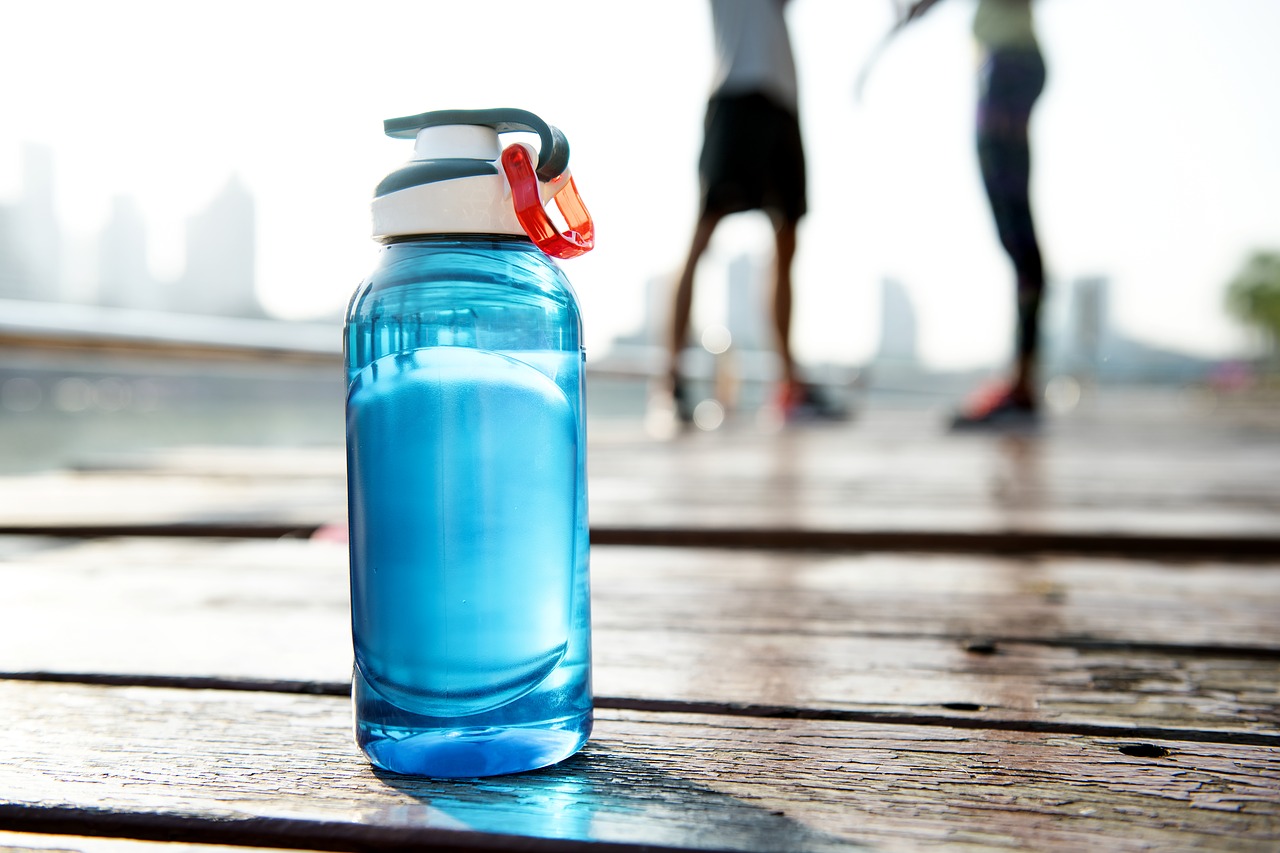
Race day logistics
Depending on the half-marathon you sign up for, here is a checklist of questions that you may want to familiarize yourself with:
-
Is there a package pick-up before the event?
This is usually found in the form of an email outlining a venue and time to pick up any race gear, including your race bib, a time chip, or event goodies
-
Do you know the race route?
Each race has a different start and finish line, so know where you should be going before the day of the event to prevent confusion and added anxiety!
-
What time should you be there?
If the event allows you to check in a bag, make sure to get there early to prevent waiting in long lineups. If you can carry what you need without a bag, I would recommend going without one. In addition, getting there early means that you can stretch, warm-up, and mentally prepare before the race.
-
Are there water stations/toilets?
Most events provide refreshment stations along the race route and access to toilets. To be safe, I would always try to go to the washroom before the race starts – which also emphasizes the importance of arriving early.
Post-race
After the race, the next step is ensuring that you have a safe recovery. Your body must replenish the energy used to run 21.1km!
- Staying hydrated after the event is just as important as before or during the race
- As mentioned in my previous blog, eating foods that contain protein is critical for muscle repair, and eating foods that contain carbohydrates to replenish glucose stores
- Stretching and cooling down can help shorten your recovery time and reduce muscle soreness
- Lastly, don’t forget to rest!

Now that you’ve read through this entire blog series, the next step is to sign up for your half-marathon, and get to training!

May Guan – Client Care Manager/Cardio Trainer
May developed her passion for fitness from participating in multiple sports at a young age – eventually finding her love for both playing and coaching volleyball. She is also an avid hiker and distance runner, and is always in search of a new challenge. May believes in fostering a fun, inclusive, and supportive environment where people can achieve their health-related goals.


